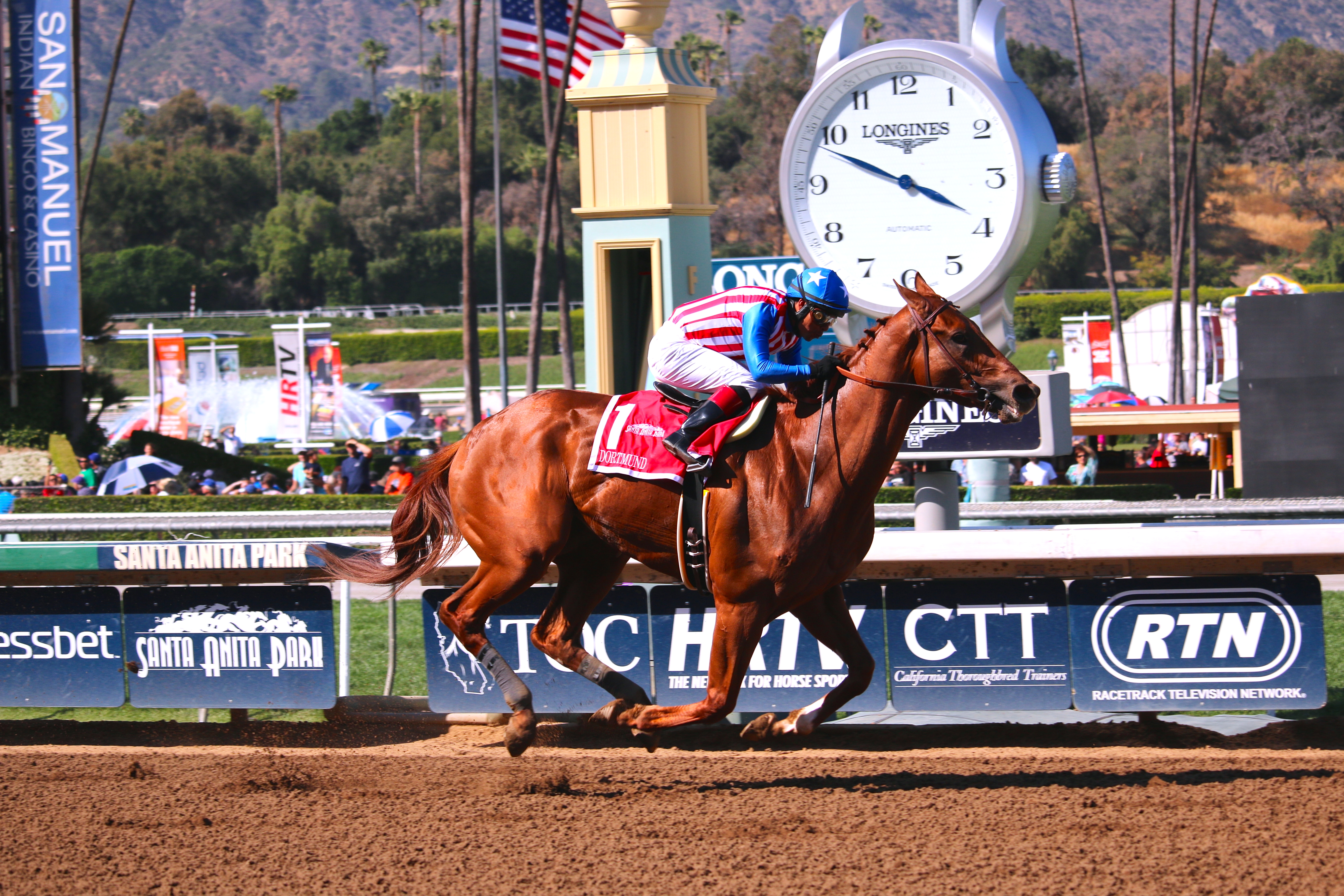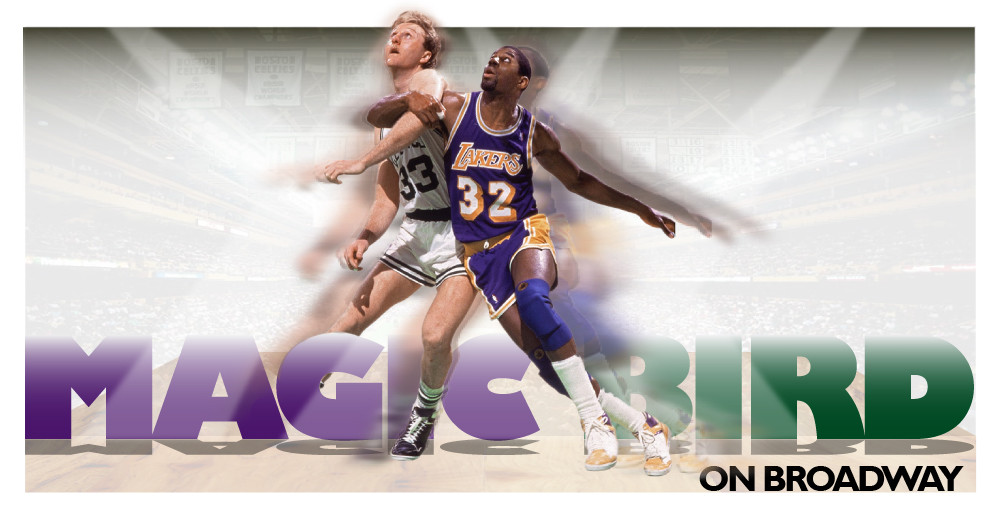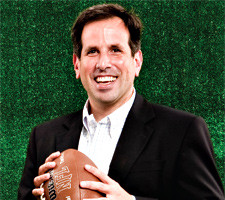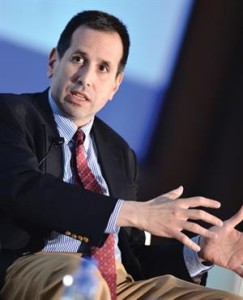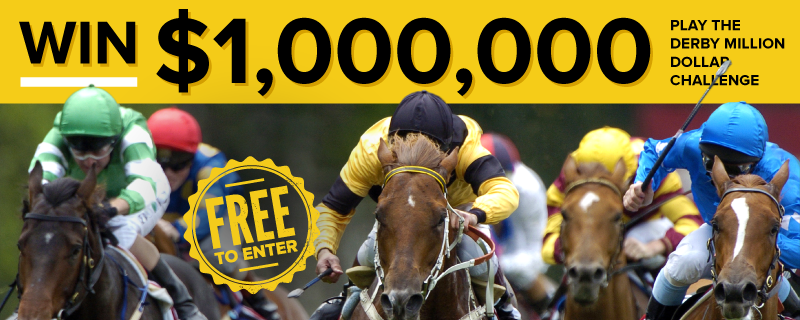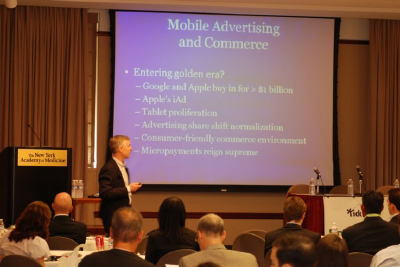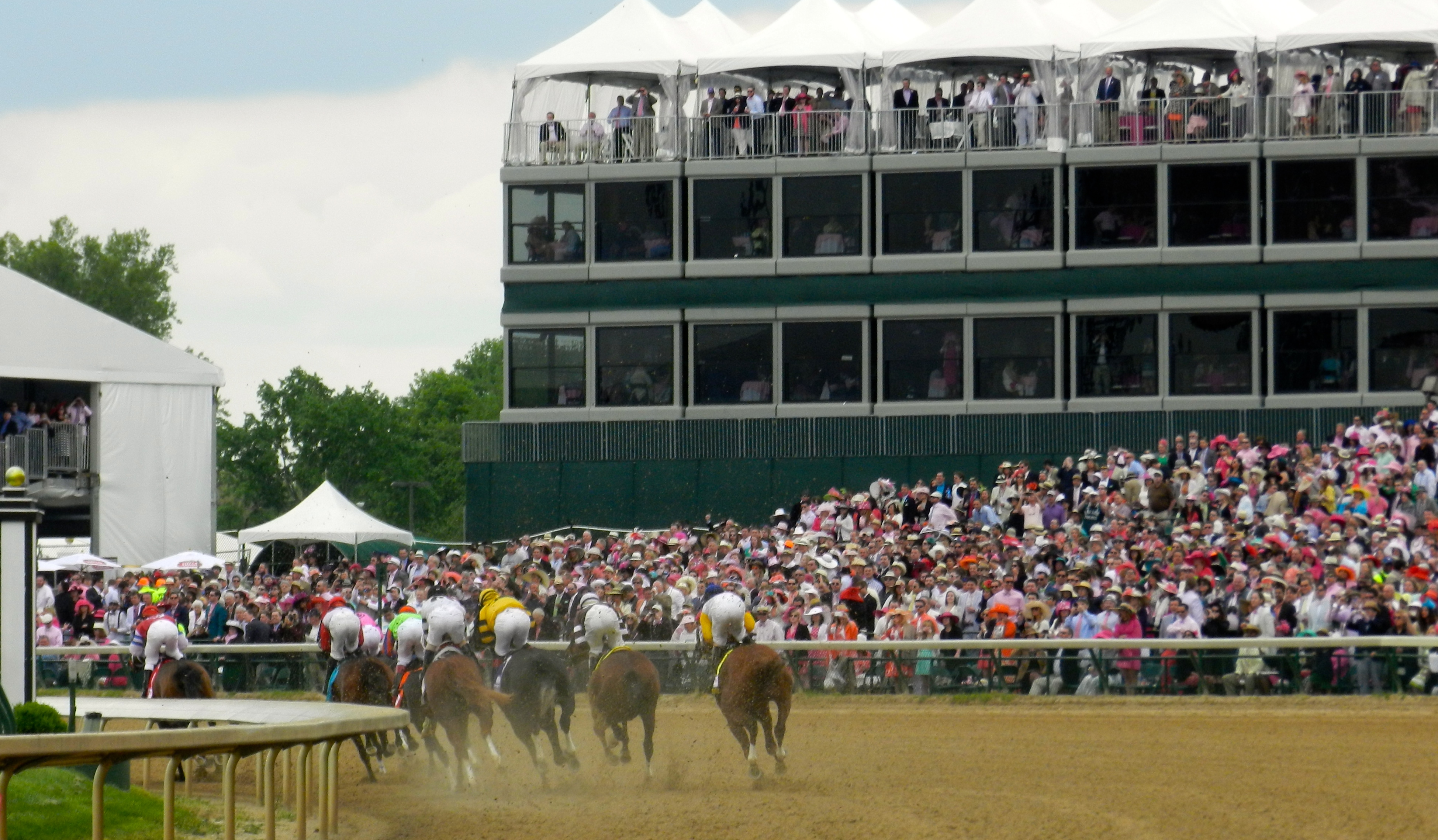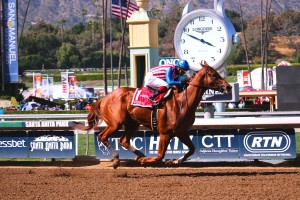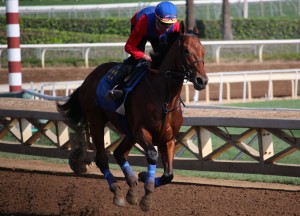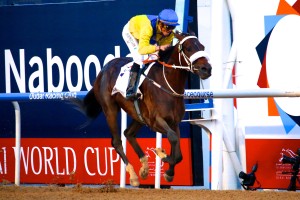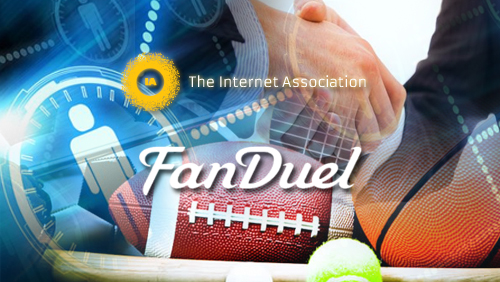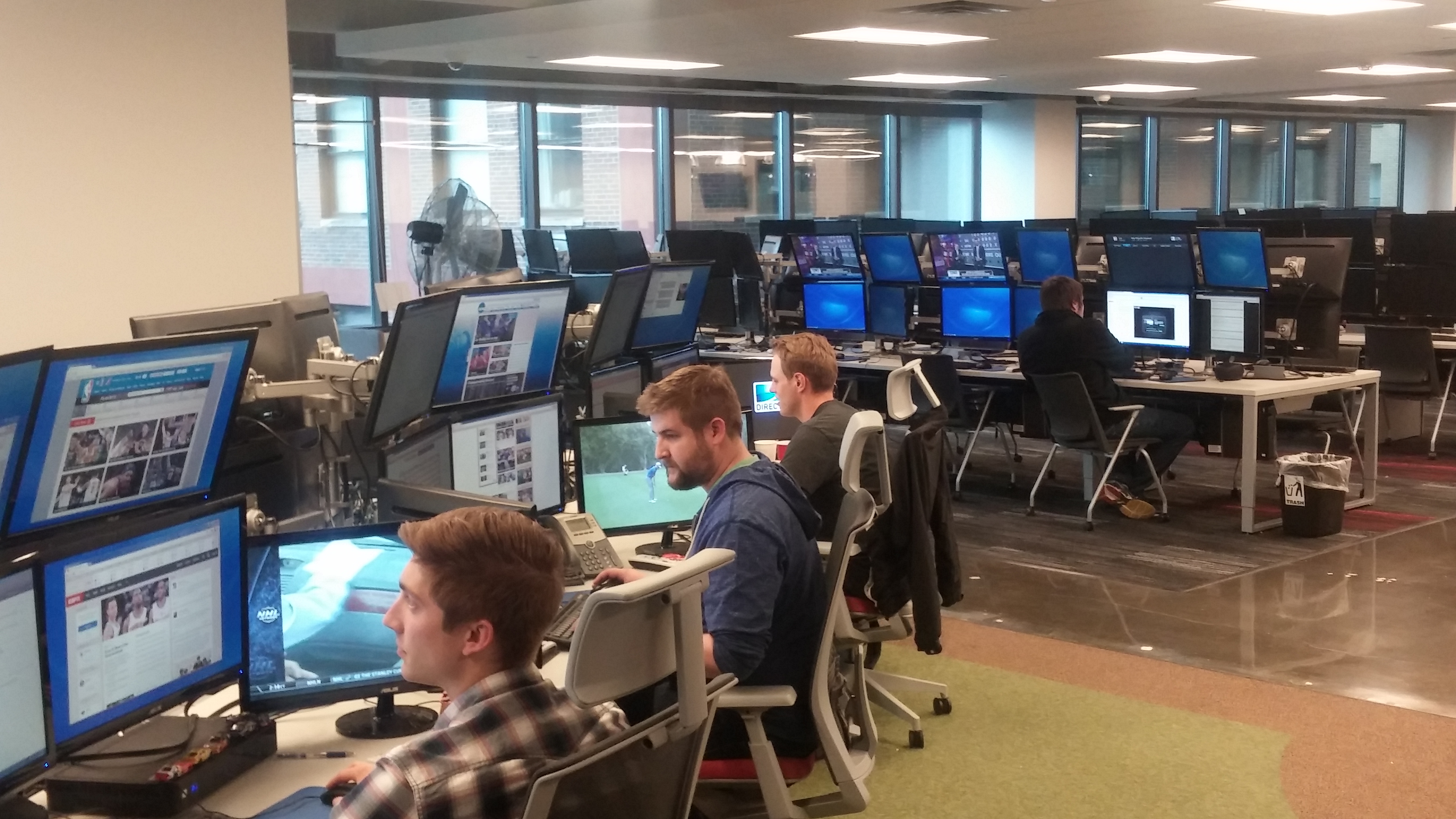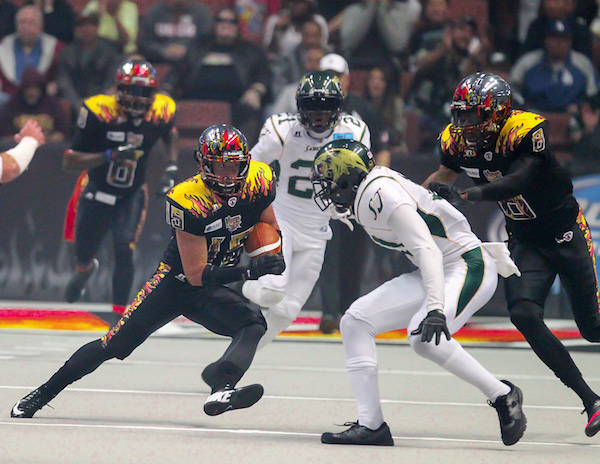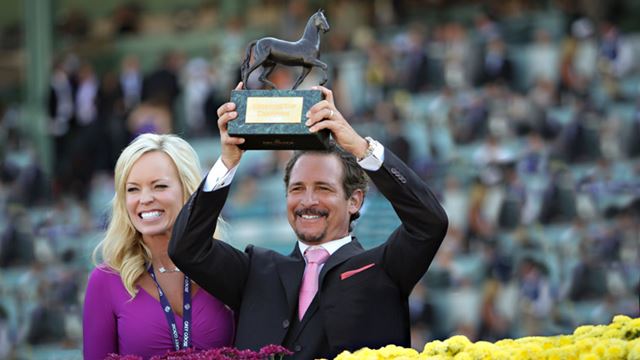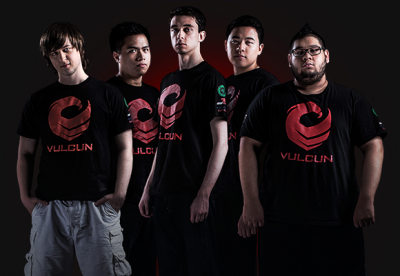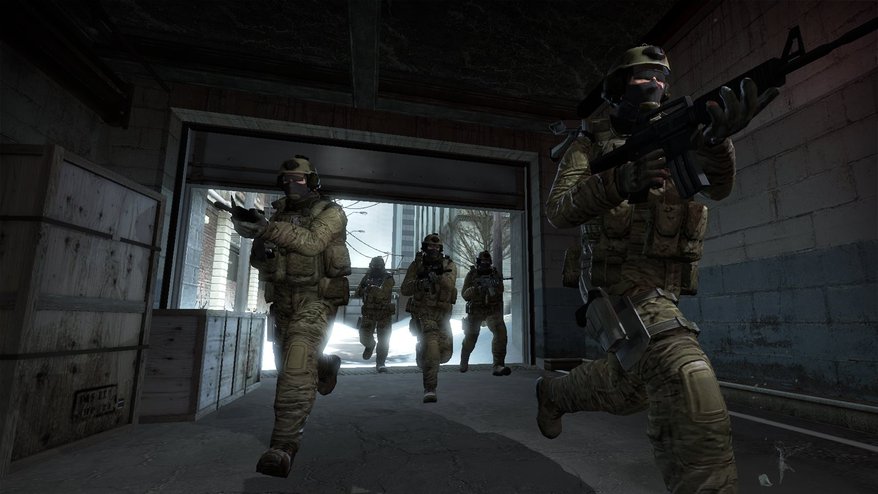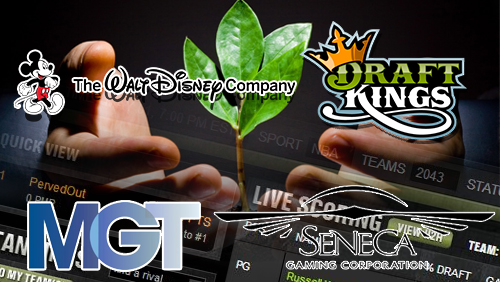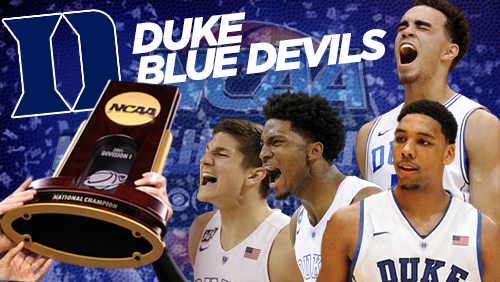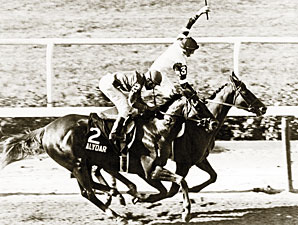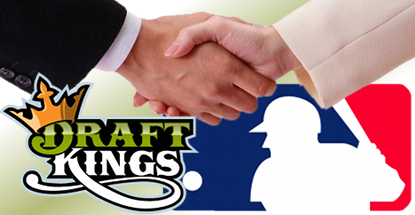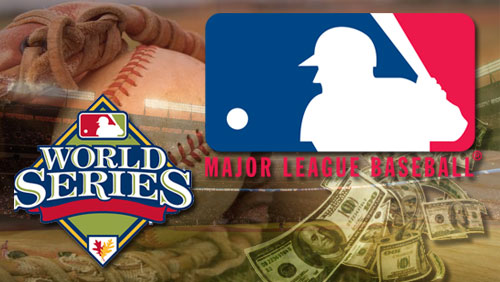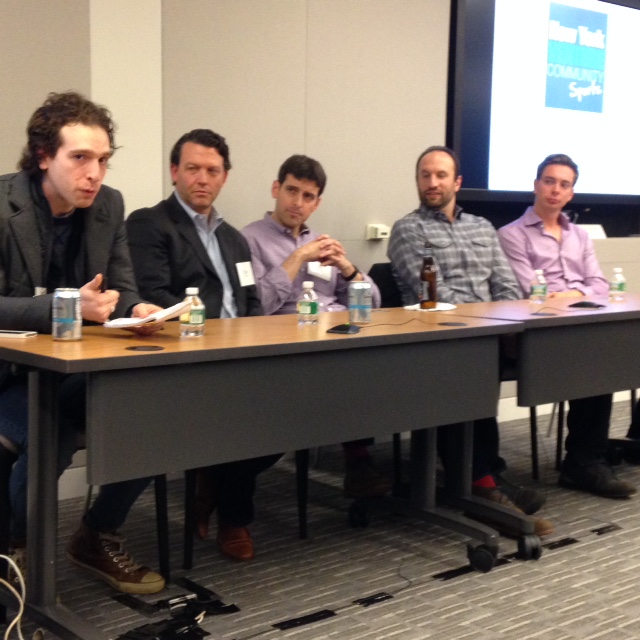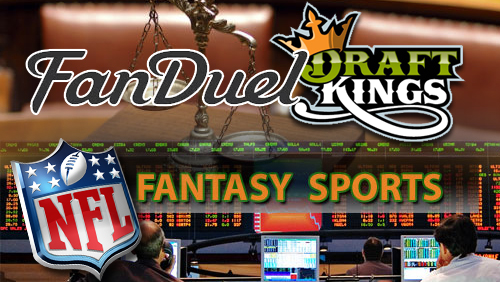By Joe Favorito @Joefav @TheDailyPayoff
The first few days of May brought its share of interesting sports stories, from boxing to horses and plenty in between.
However from a sports business perspective, two surprising pops certainly deserved recognition for their ingenuity and creativeness.
Starting with the banning of journalists not just from the Pacquiao -Mayweather fight but from the PGA Tour (Stephanie Wei), the weekend included Yankee Alex Rodriguez tying Willie Mays’ homerun and the firestorm of recognition or non-recognition the Yankees will use, a new Kentucky Derby Champion, and amazing endings in the NBA and NHL Playoffs.
But on the business side of things, some thoughts to mull over.
Beats Beats The League Sponsor: A growing phenomenon with the NFL Draft (and it will be interesting to see if it also happens with the NBA Draft) is the issue of the top picks choosing to control their own ceremony and avoid showing up when their name is called on Draft Day. Once an honored rite of passage, top players have chosen to stay away and do their own controlled celebrating remotely, with this year both Jameis Winston and Marcus Mariota deciding to forego the traditional handoff of the jersey and avoid all the trappings of Chicago for locales of their own.
Now while that may seem to be unique for the draftees, it creates an environment for ambush marketing that is almost unparalleled, and Beats By Dre certainly took advantage of not one, but three top draft picks (still unsigned and not beholden to league rules with regard to sponsorship at official events) being able to sport their gear.
Mariota released a Beats by Dre commercial hours before the draft, but topped that by sporting his own headphones live on national TV during his official call from the Tennessee Titans. Meanwhile ,Winston held a pair of red Beats when picked by the Tampa Bay Buccaneers, and fourth pick Amari Cooper did the same during his selection money shot.
While there is little the league can do other than find new and innovative ways to appease league sponsors like Bose with added value down the line, the remote announcement of top stars could lead to a whole new issue with brand piracy and augmentation as more players chose to avoid the official celebration at Draft and carve their own identity from a remote location.
Beats again scored big and beat the system on Draft Night like they had done in previous year’s pre-Bose with Richard Sherman, Colin Kaepernick and with the London Olympics. Other ambush brands take note.
Floyd and The King: All the hype that went into Pacquiao-Mayweather I (any doubt there will be a II or even a III?) became a great deal of white noise as the bout finally came around, as commentators ran out of pre-fight stories and behind the scenes looks hours before the two superstars entered the ring in Las Vegas. So as the cameras turned to the fight entrances, speculation started swirling on who would end up in whose entourage on the way to the ring. From Kimmel to Bieber, the unique and the bizarre found their way into the lens, and then suddenly there he was, the most bizarre of all, The Burger King.
It wasn’t some legendary fighter of the past, it was the costumed, somewhat strange looking image of the massive burger chain character himself, suddenly popping up before millions, just behind Floyd Mayweather as he made his way in. Then in a flash, he was gone.
Now there certainly wasn’t any shortage of brands that looked to make their way into and on the shorts, the trainers clothes, and the ring for the fight, all battling NASCAR-like for the right positioning as the fighters made their way into view for the pay-per-view and the global audience. But The Burger King? On a day when YUM Brands and its chains were front and center with their Kentucky Derby Sponsorship, Burger King (assuming it was a paid sponsorship and not some bizarre coincidence) suddenly stole the social world in the minutes leading up to the fight, something which is next to impossible to do in such a controlled atmosphere for an event that was not even on commercial or traditional broadcast television.
What made it even more unique was there was no real own up on behalf of BK corporate or its agency Scout Sports and Entertainment, part of Horizon Media (which is rumored to have brokered the guerilla-like appearance on behalf of their client) as of Sunday night.
Was it a one off? Is the King going to pop up in other unique locales as part of a new and fun rebrand for the chain? How much was invested and what was the timing? Who was in the suit? All of which will probably be answered in the coming days, but for timing, buzz and uniqueness, the Burger King insertion may have been the best, and most unique, scene stealer from a day of amazing events in sports business.
Now neither of these two brand enhancements happened in a vacuum for sure. They were well thought out, well timed and professionally done. While many brands try to make things “happen,” great execution takes time, money and forethought, and for those reasons beats By Dre and Burger King owned the day at their respective times, and certainly set the stage for who or what can come along next when the eyes of the world turn to athletes and big events in the coming weeks.
Preakness, NHL Finals, The Players Championship, you are up next.
